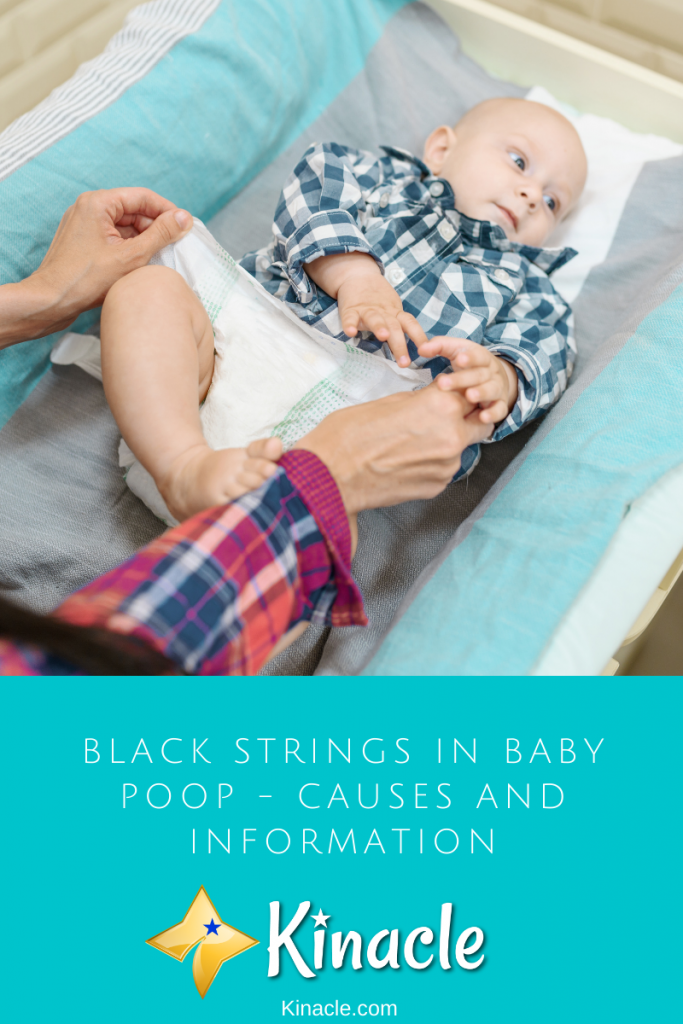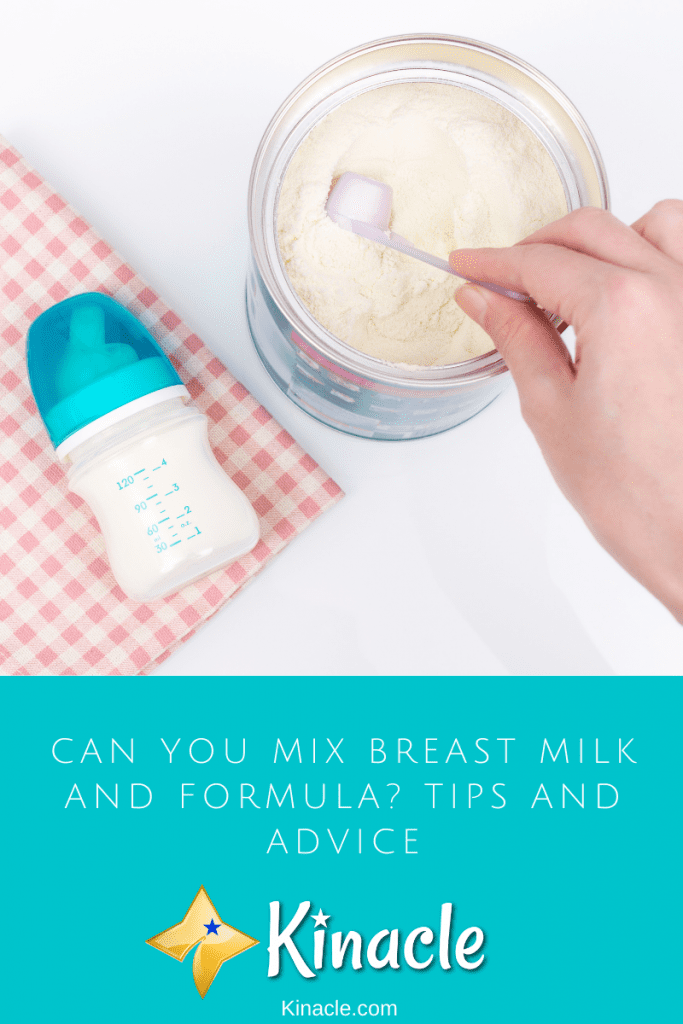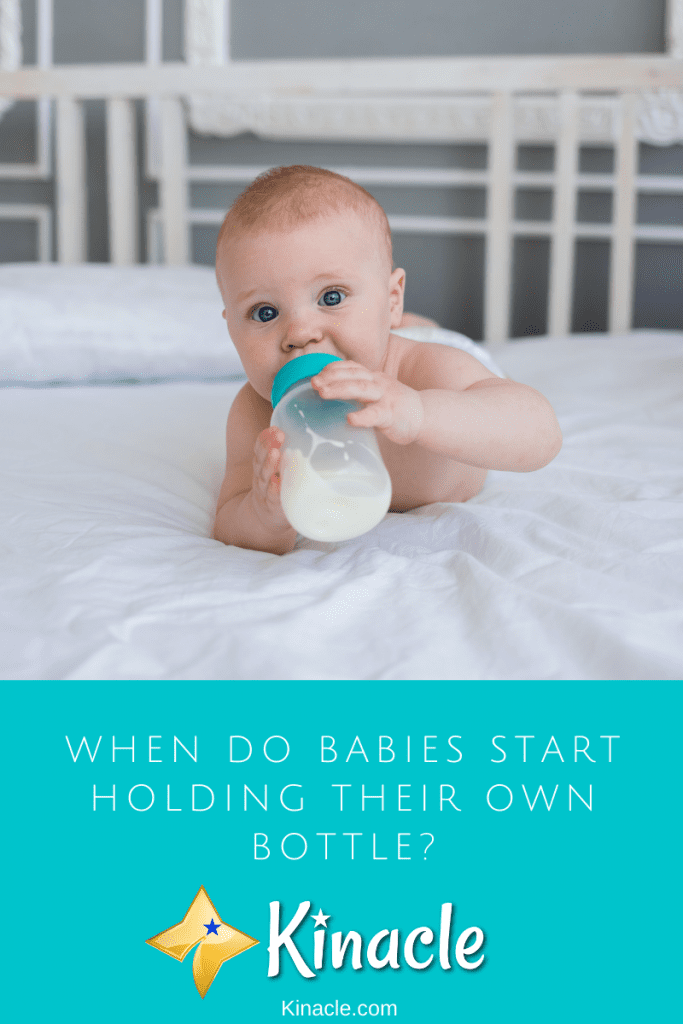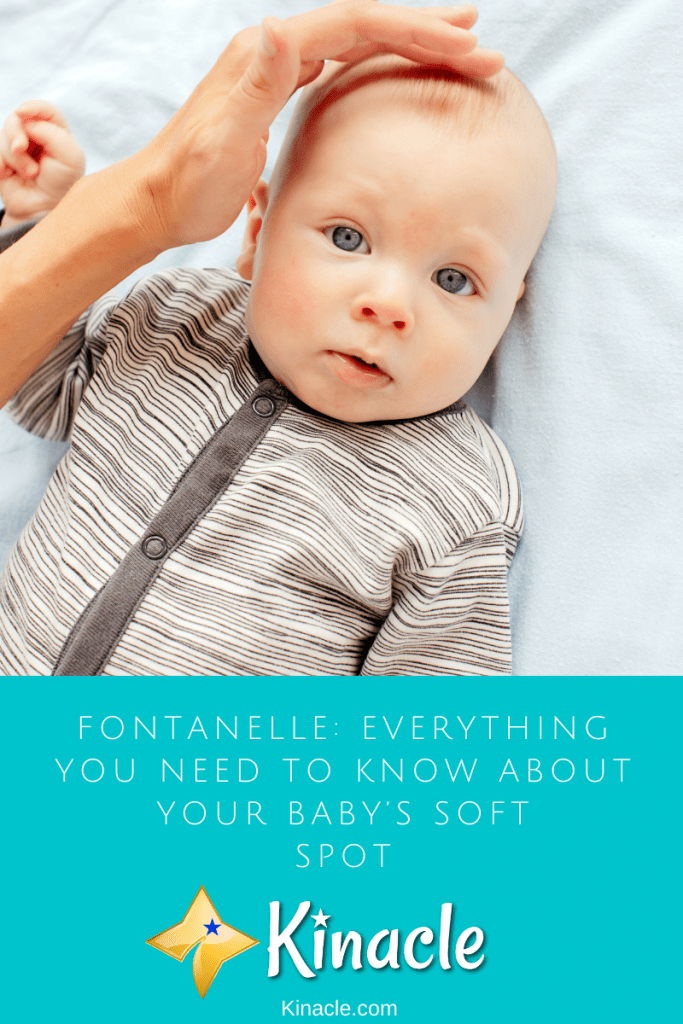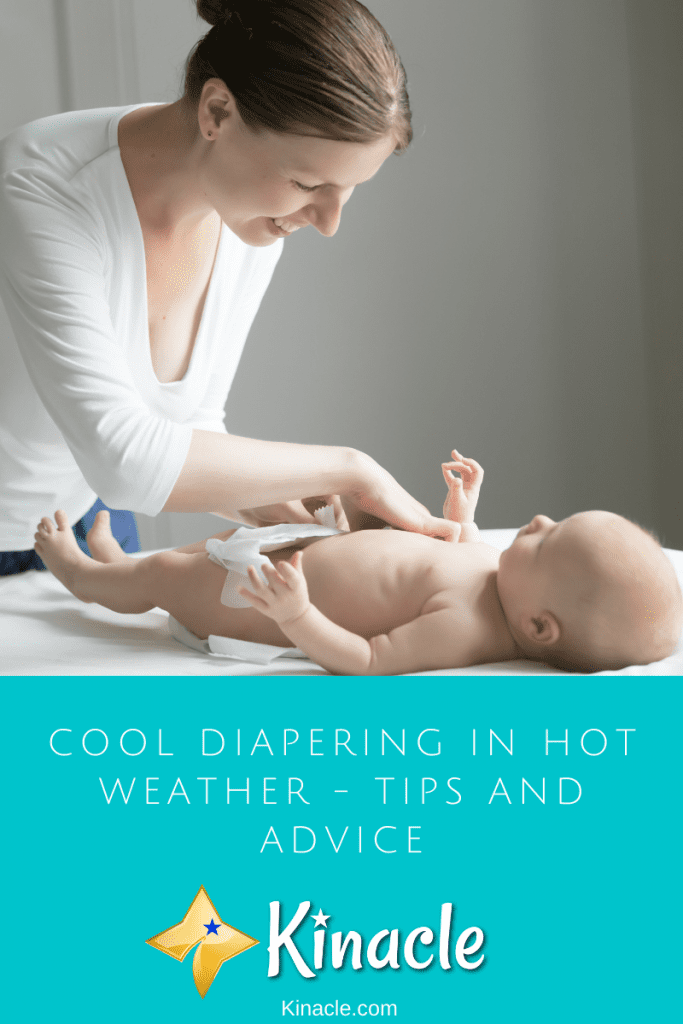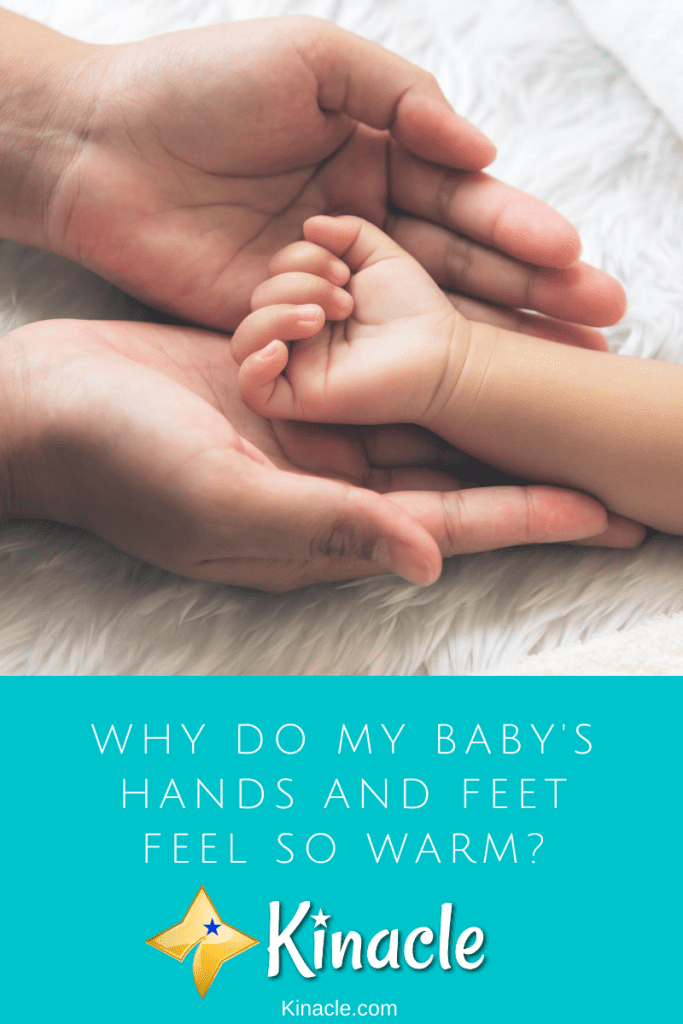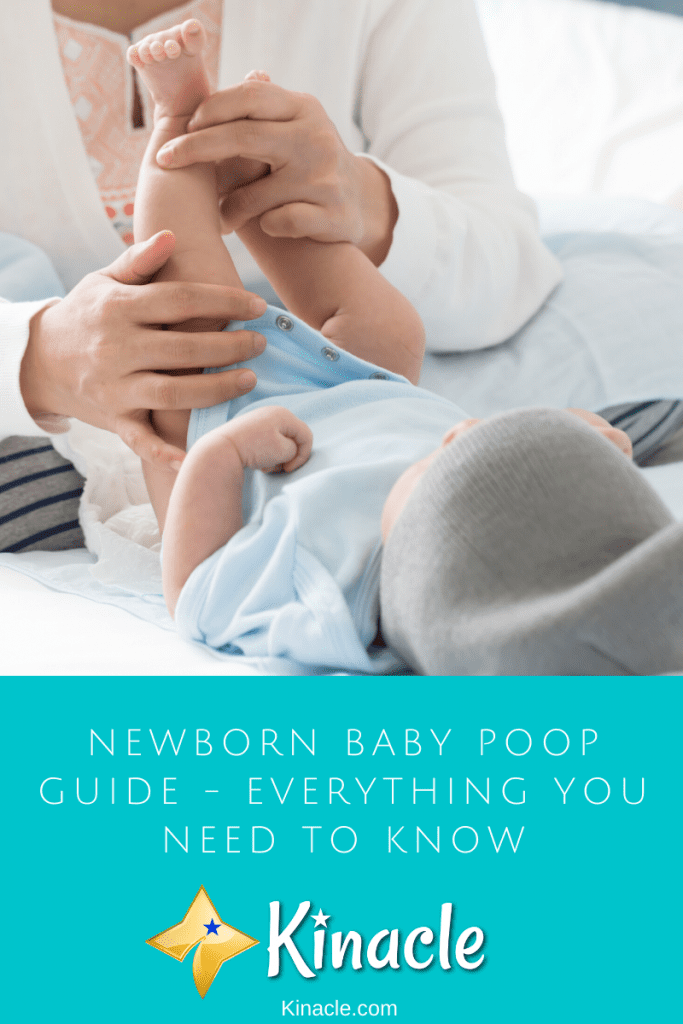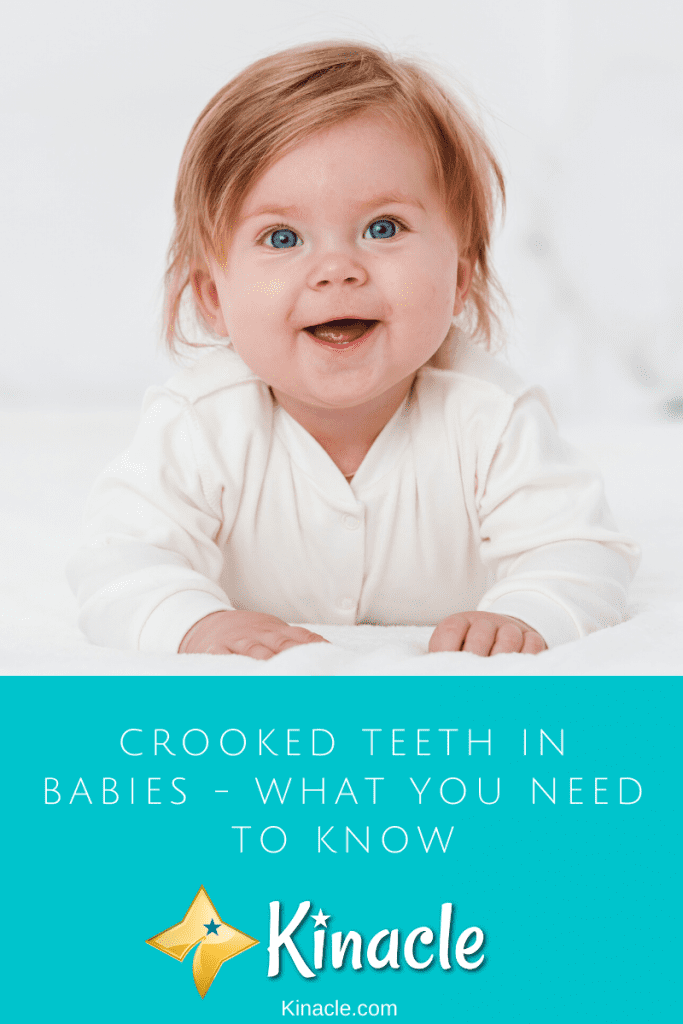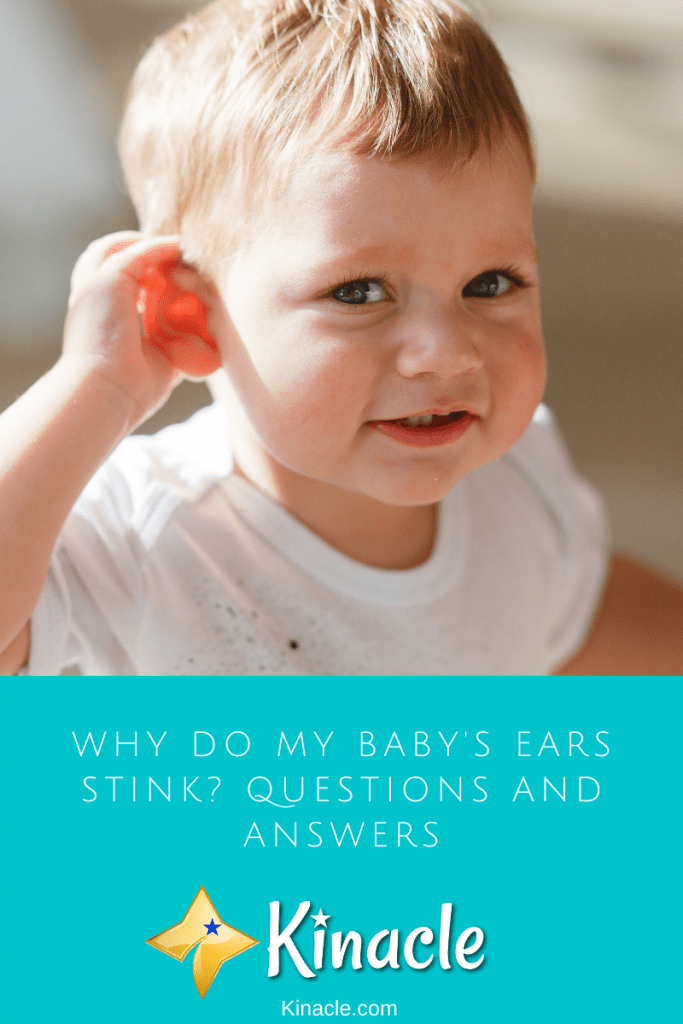
Baby ear smells may seem to be a minor hygiene issue. But for many parents, unusual body smells can be quite unsettling, particularly, if they’re coming from a sensitive area of the body like the ears.
The causes of unusual baby ear smells (like cheese, vinegar, spoiled food, maple or beer), may range from as mild as a need to clean your baby’s ears to as serious as ear infections and genetic disorders. Therefore, it is worth taking the time to investigate further on where this stinky odor is coming from.
If you found this article, you might also be a parent seeking answers for your baby’s smelly ear. So on this page, we’ve compiled the possible causes why a baby’s ear stinks and what you can do to help prevent and alleviate that unpleasant scent.
What causes stinky ears in babies?
If your baby ear odor stinks or seem to omit an unusual scent, it may be a result of the following causes:
Build-up of Earwax
The stinky smell coming from your baby’s ears may come from the build-up of earwax in your little one’s ear canal.
Earwax or cerumen is a waxy substance naturally produced by the external ear. Cerumen protects the skin in the ear canal, acts as a skin moisturizer, as well as a barrier to foreign objects that may enter the ear.
While it may accumulate to a certain extent, cerumen naturally goes out of the ear’s surface where it can easily be wiped clean. However, there are times that this mechanism is impaired, leading to the build-up of earwax within the ear canal. This build-up is also referred as cerumen impaction.
Some circumstances that can increase the risk of cerumen impaction are:
- Deformities in the structure of the ear
- Presence of more hair in the ear canal
- Wearing ear plug type hearing protectors or hearing aids
- Using cotton-tipped swabs when cleaning the ear
With around 10 percent of children affected, cerumen impaction can cover the ear canal or push against the ear drum (tympanic membrane). This may lead to hearing problems, ear pain and itching. Moreover, the build-up of cerumen may contribute to ear infections and inflammation – which may also be a cause of foul smell.
Excess moisture
Sometimes, a smelly ear may simply be due to the excess moisture inside the ear canal as well as on the skin folds surrounding the ears.
The skin inside the ear canal should stay dry, and be naturally lubricated by earwax. Additional moisture coming from water or other body secretions may alter the usual scent of your baby’s ears and make it prone to itching.
Also, try to check the creases and folds on the out parts of the ear, as well as the skin at the back of the ears. It is possible that the earwax may be trapped in these folds and once it mixes up with the skin’s natural oils and sweat, it may produce smelly ear wax on those areas as well.
Leftover food, milk or vomit
Not all off-putting odors indicate something serious. In some cases, a bad smell from ear of baby who has just been fed may simply be due to the remnants of the food, milk or vomit that has dried up on the skin near the ears.
This may smell like sour milk, vomit, vinegar, or something that resembles the food that the baby has eaten. Breast milk also has its own distinct scent that may be labeled as sour, fishy, metallic or rancid, especially if it came from storage. Any of these offensive odors may be disturbing, but is easily removable with a quick wash.
Swimmer’s ear (Otitis Externa)
Swimmer’s ear received its name from the high incidence of getting this infection after swimming in bodies of water. However, your baby does not need to swim to get swimmer’s ear. Any trapped moisture inside the ear, even milk, may contribute to the risk of their ears getting infected.
Swimmer’s ear or otitis externa is the infection of the outer ear, including the pinna (auricle), ear canal, and the outer surface of ear drum (tympanic membrane). Swimmer’s ear is one of the most common ear conditions among children. Though it usually affects children older than 2 years of age, newborns and older babies can also get infected.
Swimmer’s ear is caused by bacteria that may produce a foul-smelling, white or yellowish ear discharge. This can be accompanied by other signs and symptoms like pain in the outer ear, itchiness, redness, and swelling in the ear. Younger babies who can’t verbalize pain may show irritability or excessive crying.
Middle ear infection (Otitis media)
Around 80 percent of children will have an infection of the middle ear in their lifetime, and most often, it occurs when babies are 6 to 24 months of age. Medically termed as otitis media, middle ear infections can be caused by bacteria or viruses which young children may get following an upper respiratory tract infection like colds.
Middle ear infections may cause purulent ear discharge. This is a smelly ear discharge leaking from the ear that contains pus. The ear discharge may also be stained with blood.
The other signs and symptoms to watch out for are:
- tugging or pulling the ears
- irritability
- headache
- sleep disturbance
- poor feeding or loss of appetite
- vomiting
- diarrhea
- low grade fever
Otomycosis
Yeast cells or fungi may also find their way to infect the outer ear, leading to a condition called otomycosis. While rare, this fungal ear infection can affect the young children and cause itching, pain, tingling and ear pain. Upon inspection, the outer ear may also present black, gray, white or cheese-like structures and a foul-smelling, watery discharge. Sometimes, the discharge may also smell like beer or bread.
Cradle cap
Infantile seborrheic dermatitis is a skin inflammation that is often seen on the baby’s scalp, thus the term cradle cap. Cradle cap can also affect the other areas of the body where the production of an oily or waxy substance called sebum is highest. These include the face, back of the ears and neck, as well as armpit and groin areas.
Cradle cap can cause redness, swelling, and its characteristic symptom of oily and thick patches of scales. Though it may appear unsightly, cradle cap is NOT a result of bad hygiene, allergies nor bacteria. For babies, it usually resolves on its own after the baby’s 9th month.
However, since other skin conditions and infections may present an appearance that is similar to cradle cap, parents must be vigilant. Once the baby crusty ear, scalp, face or skin folds already feel warm, smell bad, or produce a watery discharge, it may already indicate an infection that will need treatment.
Ear piercings
A recently pierced ear lobe opens a gateway for bacteria to enter and infect the pierced site. Redness and tenderness (pain upon touching the area) are among the first indicators that the ear piercings are getting infected, so it is important to act immediately upon noticing these symptoms. Foul smell and abscess may also be noticed in later part of the infection.
Even after they have completely healed, ear piercings are a common reason why a baby ear smells like cheese or something rotten. The sebum and dead skin cells stuck in the holes and earring posts may attract bacteria, causing the areas behind baby’s ears smell unpleasant. This usually happens if the earrings have been untouched for a long while.
Foreign bodies in the ear
Babies and toddlers may put small things into their ear out of curiosity. It can be small pieces of food, toys or household items. A tiny insect may also find its way inside the ear canal.
A foreign body in the ear may induce the following signs and symptoms:
- pain or discomfort
- loss of hearing
- feeling of fullness in the ear
- symptoms of otitis media such as fluid draining and a foul smell from ear
Congenital diseases
Rarely, unusual smells in baby’s ears may be a symptom of congenital diseases.
There was a case wherein a baby was diagnosed with maple syrup urine disease with her sweet-smelling earwax as the key symptom. Maple syrup urine disease is a rare congenital disorder that makes body secretions, like urine, sweat and earwax, smell sweet- something that resembles the scent of a maple syrup or burnt sugar.
Another example is when a baby is born with congenital cholesteatoma. It is a birth defect wherein skin cells continue to grow behind the ear drum and form a white pearly cyst. The disorder can be manifested by conductive hearing loss, pain and sometimes, a foul-smelling ear discharge.
Baby ear wax or infection?
As you can see, the causes of a smelly ear in baby can be quite overwhelming, but don’t panic right away. Among the first things that you may want to know is whether this smell is coming from an infection or simply because their earwax smells bad.
So before you could compare the difference, let’s take a quick look of the normal characteristics of baby ear wax.
Healthy Earwax in Babies
New earwax is soft and golden-yellow. The baby ear wax color may turn to orange or reddish-brown and gets stickier and drier as it gets old. The smell of a healthy earwax often varies- it can be mild to smelly, but it shouldn’t be foul-smelling.
A few children may also produce more earwax than others. So even if you see a lot of earwax in baby ear, it can still be considered normal as long as the wax doesn’t completely block the ear canal.
What does an ear infection smell like?
An ear infection may cause a yellow or white fluid that will look different from a normal earwax. Traces of blood in baby’s ear canal may also be seen. Since there is bacteria, fungi or other microorganisms involved, the infected ear may emit a foul odor. Some of the ways parents may describe the smell are:
- The ear wax smells different
- A fishy ear wax or fishy smell from ear
- The ears of the baby smells like vinegar
- The ear smells like mildew
- The ear discharge smells like poop
What can I do if my baby’s ears stink?
While there are several causes why a baby’s ears stink, some of these can quickly be remedied at home. Depending on the cause, the tips on how to clean baby smelly ears are as follows:
How to get rid of smelly ear wax
Ears are specially-designed to be self-cleaning. The structure of the ear, jaw movements, and the old skin sloughing off the ear canal all contribute to bringing out the earwax naturally. Thus, it is a lot safer to wait until you see the ear wax falling out of baby ear, before wiping it clean.
Using a clean cloth, simply wipe the earwax that has come out of the outer part of the ears. If it’s just smelly ear wax no pain must be observed when wiping the area. Cleaning the outer parts of the ear regularly will usually help prevent the stinky scent.
Take note:
DO NOT use cotton-tipped swabs (cotton buds or Q-tips), bobby pins, matchsticks or any other cleaning device into the ear canal. This can lead to ear injuries.
Are you a new parent? Here’s a complete guide on how to clean a newborn baby’s ears properly.
How to clean the stinky, moist areas in the ears
- You can clean your baby’s outer ear and the surrounding areas using a soft washcloth, mild soap and water.
- Pay particular attention at the areas where the sebum is most likely concentrated. There areas include:
- The back of the ears
- The back of the neck
- Face
- Skin folds and creases
- Using a clean towel, gently pat the areas dry.
- Make sure to dry the skin thoroughly to prevent the stinky scent from coming back.
How to clean leftover food, milk or vomit in or near the ears
You can use a wet washcloth to wipe the ear and its surrounding areas, particularly, the creases and folds of the skin where food and milk debris may be trapped. For stubborn smells, you may wash the area using mild soap and water.
Take note:
Babies are prone to milk regurgitations that can smell like sour milk on your baby’s skin and clothing. Burping your baby after feeding may help minimize this problem. Make sure to change your baby’s clothes, burp cloths, and beddings as well to get rid of the bad smell.
You can also minimize the tendency of food being trapped in the neck by using a soft and hypoallergenic baby bibs every meal time.
How to treat cradle cap
A seborrheic dermatitis that is confined in the scalp (cradle cap) can be treated at home. Let’s take the guidelines on how to treat your baby’s cradle cap from the American Academy of Pediatrics (AAP):
- Shampoo your baby’s hair and wash it more frequently than before.
- Use a soft brush to gently remove the scales.
- You may use a petroleum jelly to help lubricate the scales.
- The use of mineral oil or baby oil may NOT be effective as it may promote more scales to build-up on the fontanelle.
Take note:
DO NOT try to treat seborrheic dermatitis that extends at the back of the ears, neck and other skin areas. Leave it for the medical professionals instead.
How to care for baby ear piercings
Since babies can’t take care of it on their own, parents need to care for their ear piercings to prevent infection and other complications on the pierced site.
Here are the AAP guidelines on how to care for ear piercings to prevent infection:
- Disinfect the pierced site using rubbing alcohol or antibiotic ointment twice a day for a couple of days.
- While doing the disinfection, gently rotate the earrings to prevent them from getting stuck in the skin while healing.
- DO NOT change or remove the first pair of earrings for 4 to 6 weeks.
Ear piercings that have completely healed may also cause the so-called “ear cheese” if not cleaned for a long time.
Here are some tips on how to prevent the stinky smell from your baby’s healed or old ear piercings:
- Gently wash the ear lobes using warm water and mild soap.
- If you already notice the bad smell, you can remove and clean the earrings as well.
- Use an antibacterial wipes or alcohol to wipe the dirt or gunk off your earrings.
- DO NOT touch your baby’s ear piercings with unclean hands.
Removing foreign bodies or impacted cerumen from the ear
No matter how tempting it is to try, impacted earwax and foreign bodies in the ear canal should only be treated by a medical professional. These medical professionals have special tools and solutions to remove the foreign bodies and earwax without causing further damage to your baby’s sensitive ears.
When to seek medical help for baby’s smelly ears
Stinky and unusual smells in the ear may also indicate bigger problems to be resolved only with the help of a medical professional. Babies and young children are prone to ear infections and complications that is why parents must be extra vigilant of taking care of their baby’s ears.
Call or consult your pediatrician if:
- The bad smell doesn’t go away after washing or bathing.
- There are signs of an infection such as fever, swelling, redness and foul-smelling ear discharge.
- Your baby is irritable, crying, or tugging his or her ears.
- The pain doesn’t go away.
- Your baby has redness behind the ears, neck, armpits or groin aside from having a cradle cap.
- A foreign body or earwax is blocking your baby’s ear canal.
- Your baby’s sense of hearing and balance seems to be impaired or diminished.
- Your baby’s urine, sweat and earwax smell sweet.
Conclusion
So to round it up, your baby’s ears may stink due to a number of causes. Some of these are minor issues that can be resolved with proper hygiene and preventive measures at home. However, a smelly ear may also indicate infections and health conditions that may need prompt medical care.
Therefore, if you aren’t sure what causes the smell coming from baby’s ear, then it is best to ask your doctor for advice. Be it a mild cause or it turns out to be a medical emergency, you’ll surely keep your mind at peace knowing that everything will turn out fine for your baby.
References:
https://www.aafp.org/afp/2007/0515/p1523.html
https://journals.lww.com/thehearingjournal/fulltext/2010/03000/how_to_care_for_moist_ears.12.aspx
https://www.llli.org/breastfeeding-info/milk-issues/
https://www.ncbi.nlm.nih.gov/pmc/articles/PMC5039303/
https://www.cdc.gov/healthywater/swimming/swimmers/rwi/ear-infections.html
https://www.ncbi.nlm.nih.gov/books/NBK470332/
https://www.ncbi.nlm.nih.gov/pmc/articles/PMC5787654/
https://www.ncbi.nlm.nih.gov/pmc/articles/PMC4048507/
https://ada.com/conditions/cradle-cap/
https://www.healthychildren.org/English/health-issues/conditions/ear-nose-throat/Pages/Avoiding-Infection-After-Ear-Piercing.aspx
https://www.aafp.org/afp/2007/1015/p1185.html
https://www.evelinalondon.nhs.uk/about-us/news-events/2019-news/20190322-life-saved-by-sniffing-ear-wax.aspx
https://www.ncbi.nlm.nih.gov/pmc/articles/PMC5408875/
https://www.healthychildren.org/English/health-issues/conditions/ear-nose-throat/Pages/Ear-Infection-Symptoms.aspx
https://www.healthychildren.org/English/ages-stages/baby/bathing-skin-care/Pages/Cradle-Cap.aspx
